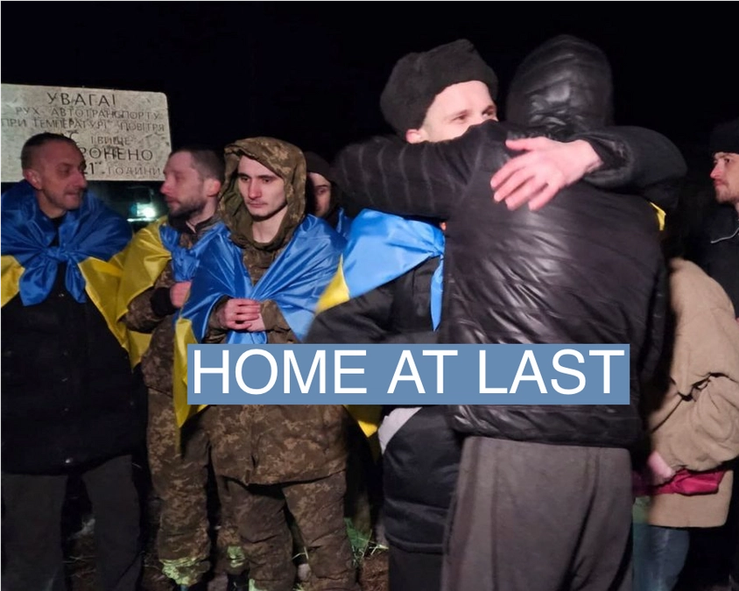The News
Russia and Ukraine announced Wednesday they have each released hundreds of prisoners captured during the war, marking the largest swap of its kind since the Russian invasion nearly two years ago.
The deal, which was mediated by the United Arab Emirates, constituted 234 Russian prisoners of war and 230 Ukrainians, including soldiers from the battles of Snake Island and the Azovstal steelworks in Mariupol, which have become symbols of Ukrainian resistance.
The deal marks the resumption of prisoner exchanges, which had been on hold since the summer, leading some Ukrainian officials to warn that Russia had lost interest in exchanging prisoners of war.
SIGNALS
Prisoner exchanges have become a rare arena for Russia-Ukraine talks
Moscow and Kyiv have swapped hostages dozens of times during the war in Ukraine. Ukrainian officials have said while more than 2,500 of its troops have been freed so far, more than 30,000 remain captive in Russia. The exchanges are one of the few issues that Russia and Ukraine are still negotiating on through diplomatic backchannels, The Washington Post reported. The talks have largely taken place bilaterally, but the UAE, Qatar, Saudi Arabia, and Turkey have also stepped in to help. The Gulf states’ role as neutral mediators may become all the more important when the time comes for more substantive talks, an analyst wrote in Foreign Policy.
The UAE walks a fine line as a U.S. ally with close ties to Russia
The Emirati government will view the prisoner exchange as another positive outcome of its decision not to take sides between Kyiv and Moscow. The UAE’s Ministry of Foreign Affairs said their “strong friendly relations” with both countries were key in negotiating the deal. The UAE, which has long depended on the U.S. for security, has deepened its ties to Russia since the start of the war. During a visit in December, Vladimir Putin said that relations between the two countries were at an all-time high. The UAE has also become one of the biggest purchasers of Russian oil, which buys it at discounted prices, and is a key foreign hub for Russian banks and investors.



